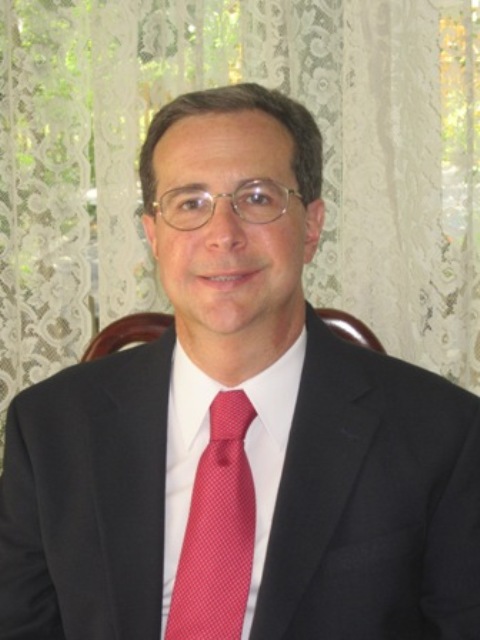 As a career and job search coach, I am asked often for advice, as are other career coaches I know. And, certainly I don’t mind sharing thoughts and tips that may help another. Lately though I have been giving this a lot of thought. I meet those who in have been in search for a long time who will say to me, I try everything that coaches tell me and I’m still without a job. Or others who will say, I did exactly what the coach told me, and that didn’t work, so I moved on and started working with another coach. Still others when you recommend an approach will answer back, “I tried that already” with the tone implying thanks but no thanks for giving me advice that I don’t believe in because it has not worked for me when I tried it, so why should I even consider it again.
As a career and job search coach, I am asked often for advice, as are other career coaches I know. And, certainly I don’t mind sharing thoughts and tips that may help another. Lately though I have been giving this a lot of thought. I meet those who in have been in search for a long time who will say to me, I try everything that coaches tell me and I’m still without a job. Or others who will say, I did exactly what the coach told me, and that didn’t work, so I moved on and started working with another coach. Still others when you recommend an approach will answer back, “I tried that already” with the tone implying thanks but no thanks for giving me advice that I don’t believe in because it has not worked for me when I tried it, so why should I even consider it again.
When I was certified as a coach one of the things early on I learned was that coaches are not “advice givers.” We are questioners, we are empathetic listeners and as we get more confident in ourselves as coaches, we look to challenge our clients as to their thoughts and beliefs that may be holding them back. We look to come from a mindset that the answers are often inside the client themselves. Career and job search coaching draw in many that are actually not trained as “coaches” as I was. Don’t get me wrong, there are many very competent individuals that are working with clients as career coaches. Their expertise may be in the field of Human Resources, development of resumes’, having worked in the field of career consulting, counseling, recruiting or as hiring professionals. However, they tend to come more from what I term “the mechanical” approach of job search. These are the steps you take. There are the “rules” to follow. Do this, don’t do that, etc.
However, to me there has always been the “strategic” part of the job search process. That part involves the assessment, the research, the targeting of what it is you want. It is being open to defining your skills and not just looking to replace the job you had with one that is exactly the same, but identifying other possibilities that use your talents. Additionally, it is based on the understanding of what is in one’s control and what one looks to “influence” since it is not in their immediate control. For example, it may be in your control to reach our and contact a number of different networking contacts or companies to meet with them and discuss you and your career. However, not all that you contact will react the same way to meeting with you. For some, a straight contact may work, with others your method of contact may need to vary, or even the composition of what you say or write needs to be different. When using strategic methods, yes pieces of mechanical come into play, but it just does not stop with doing the mechanical. It is having the realization that the “how and what,” I may do to achieve this next step may need to be executed differently depending on “others” who may be part of the process.
The strategic is a continual, ongoing process. It’s secret is in getting to know another and what it is they want, what it is they may need, what it is that may be holding them back. Sometimes the person you are targeting to influence for your next great opportunity does not even know right away that you may be the answer to their problems. However, by using many of the skills that I referred to earlier when I wrote of what I learned when being certified as a coach, (questioning, listening, challenging smartly) and one I did not mention, persistence, one finds the secret of continuing to move forward from rejection or opportunities which do not work out initially as you thought.
So, the next time you are asked, what is happening with that job search you have been conducting, that project you have been working on, or that goal you have identified, don’t just say, I tried this and it didn’t work. Instead, begin to identify what steps you may look to take next. What assistance may you need from others? What strategies will I continue or newly employ to achieve what it is I am looking to accomplish?
